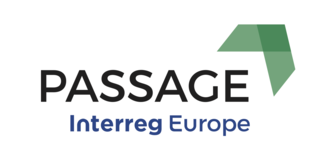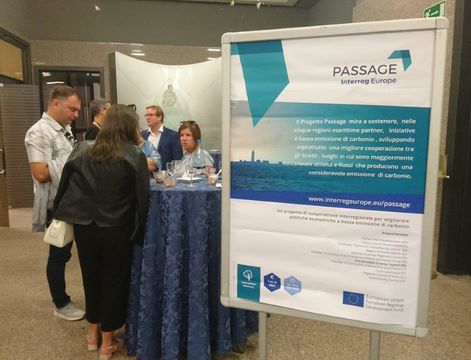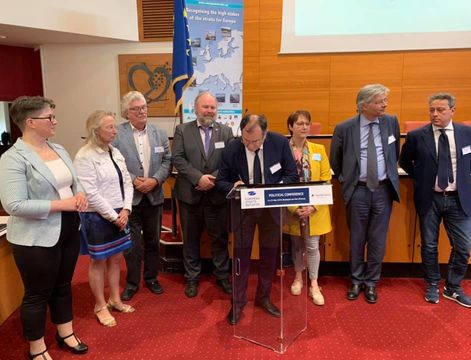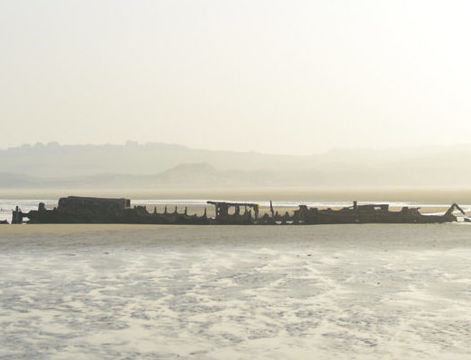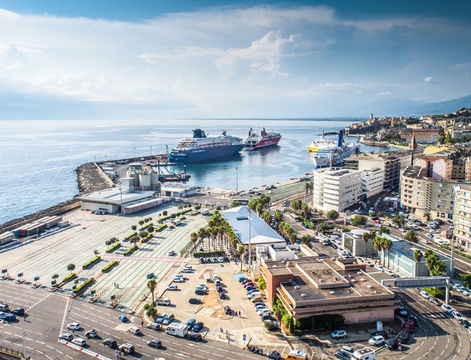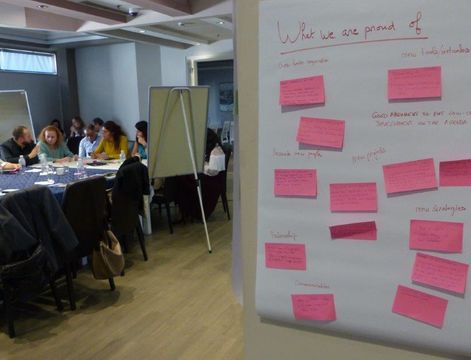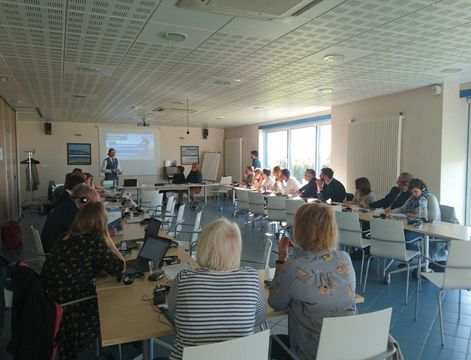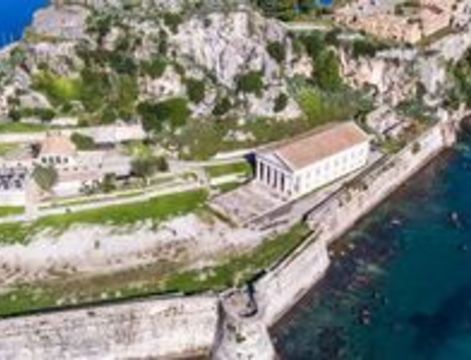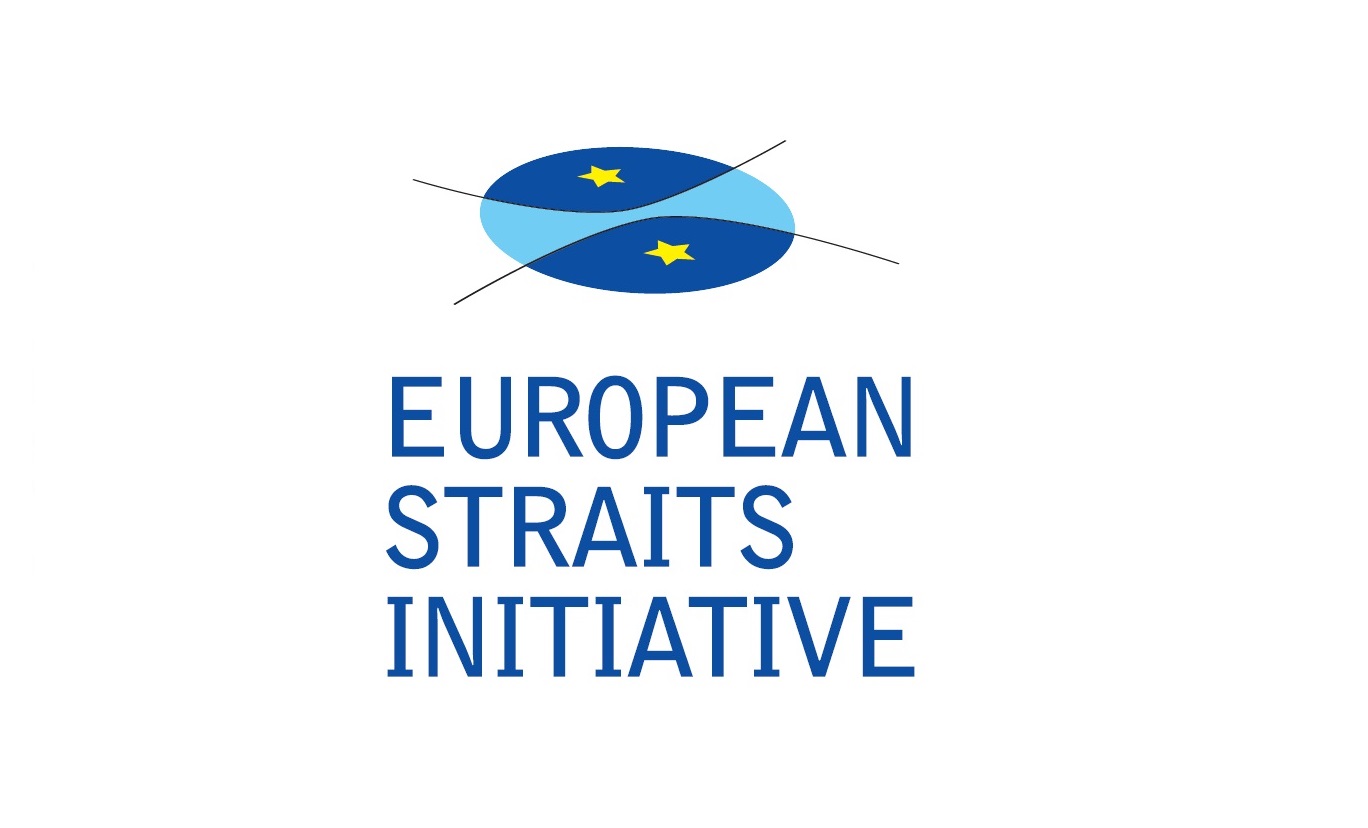Interview of Horst Weppler, Head of department, Kreis Ostholstein (Germany)
Horst Weppler, you are working for the County of Ostholstein on the implementation of the Fehmarnbelt ticket, which has been selected by PASSAGE project partners as a best practice for low-carbon transport in maritime border regions. Can you please explain in a few words what it is about?
The Fehmarnbelt ticket is a cross-border ticket between Denmark and Germany across the Fehmarn Belt. The ticket was founded in 2012 and is a corporation between 3 transport companies, 2 public transport companies and one private owned transport company.
Can you explain what the main achievements are and how it contributes to decrease carbon emissions in your maritime border region?
Succesfully we have built a crossborder cooporation between regions, municipalities, public and private transport companies.
A main task of a carbon decreasing strategy is to make it useful and easy for passangers to use public transport systems to cross the Fehmarnbelt instead of traveling with their own cars. Before implementing the Fehmarnbelt-Ticket it was very difficult to get tickets. The passengers had to have 3 different tickets.
To make it happen, you have to work closely with your Danish counterparts across the border. What are the main difficulties you have faced/are facing?
Most of the difficulties were to find the right and responsible partners. Especially in the field of public transport, many different organizations are responsible in the two countries. There are also major technical problems, because the tickets, the reading bots and the QR codes are very different. Another problem is the timetables, which often do not take into account cross-border traffic.
Why do you think this is, at the end, a success? What can still be improved?
If the offer is attractive to residents and tourists, it will be a success. We are working on it in the near future. But that is still a long way. We have to be careful to solve the technical problems and the coordination of the timetables.
Do you think a similar cross-border ticketing could be implemented in other maritime border regions? What would you advice to the interested local authorities?
Yes, a transfer of this cross-border ticket might be possible. An accurate analysis of the circumstances must be made. It is important that the objectives to which the inhabitants or the tourists are to travel are attractive and that booking and marketing is easy.
Interview of Jesper Bille, Project manager, Femern Belt Development (Denmark)
Jesper Bille, you are working for Femern Belt Development, on the Danish shore of the Fehmarnbelt maritime border region. Can you please explain what the purpose of your organisation is?
Femern Belt Development aims to ensure that the companies and citizents in Region Zealand will get the most out of the Fehmarn Belt fixed link before, during and after the construction phase.
We are an institution that collects, processes and disseminates knowledges that can promote economic development and employment and ensure that we exploit the potential that occur from the major construction projects.
We also work to create a region where there can be exchanged labor, business and culture. We work to create a mental community in the Fehmarn Belt region.
Why is it important for you that the Fehmarnbelt ticket can exist?
The Fehmarnbelt ticket is important because the main purpose for us is to develop a common Danish and German region called the Fehmarn Belt Region who can benefit from the fixed link when it opens.
To be ready to exploit the potential that occurs from the fixed link we already now need to start building the mental community in the Fehmarn Belt Region.
It is very important that German and Danish people can meet in an easy and cheap way that of course also is low carbon friendly. With the Fehmarnbelt ticket you can travel in Denmark and Germany with one ticket and use public transport on both side with no worries.
